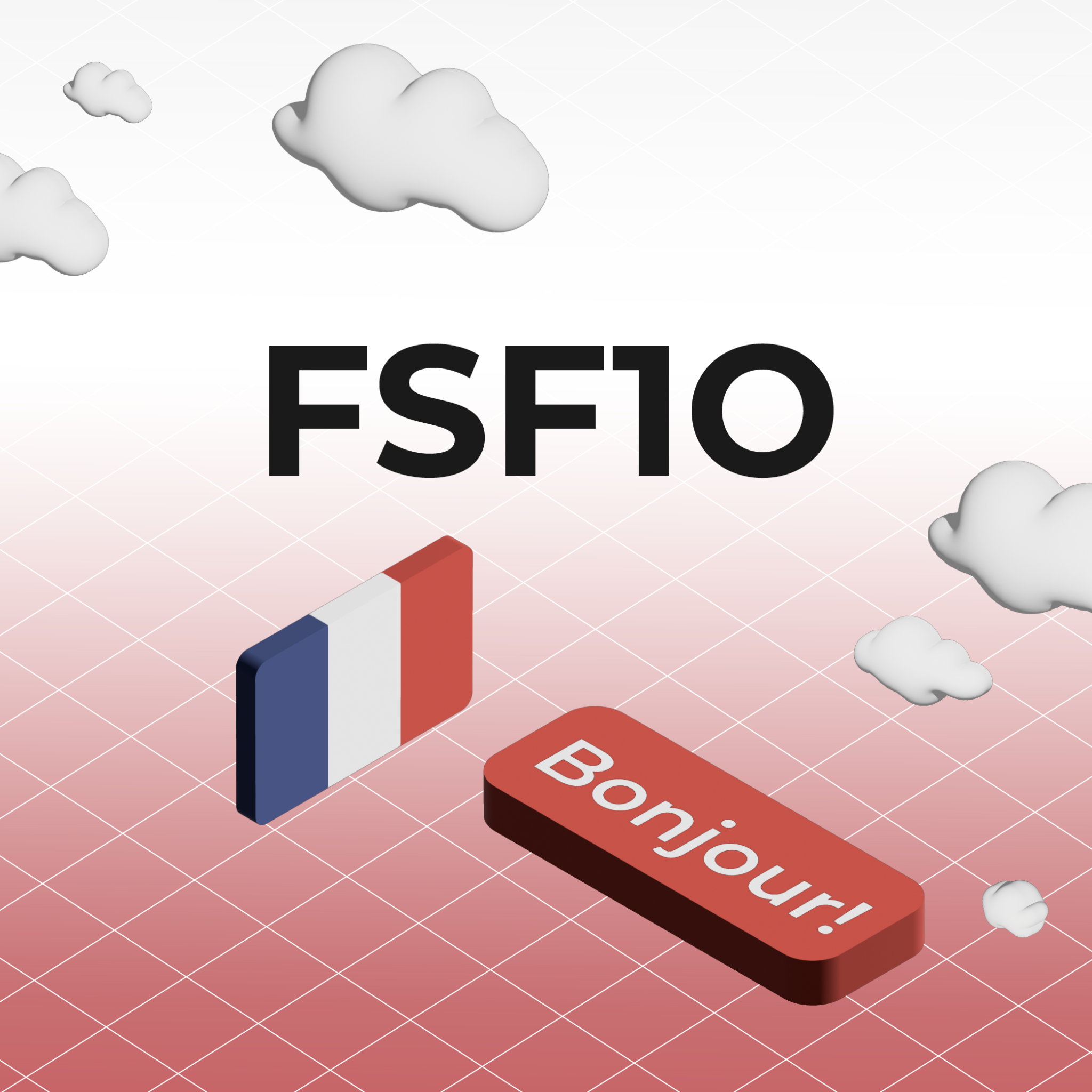
Course Title/ Grade/ Course Type: Core French, Grade 9, Open
Ministry Course Code: FSF1O
Curriculum Document: The Ontario Curriculum, Grades 11 and 12: English, 2007 (Revised)
Prerequisite: The Ontario Curriculum, 9-12 French as a Second Language – Core, Extended and Immersion, 2014
COURSE DESCRIPTION
This is an introductory course for students who have little or no knowledge of French or who have not accumulated the minimum of 600 hours of elementary Core French instruction. Students will begin to understand and speak French in guided and structured interactive settings, and will develop fundamental skills in listening, speaking, reading, and writing through discussing issues and situations that are relevant to their daily lives. Throughout the course, students will develop their awareness of diverse French-speaking communities in Canada and acquire an understanding and appreciation of these communities. They will also develop a variety of skills necessary for lifelong language learning.
Outline of Course Content
U1: Moi, je suis
This unit focuses on developing students’ skills to introduce and describe themselves in a basic form. Through a series of interactive and engaging lessons, students will learn how to apply the verb “Être” and the verb “Avoir” to describe their physical appearance and personality, members of their family or close friends, and also to describe things they own. Also, students will be able to express their interests, likes, and preferences. By the end of the unit, students will have gained a thorough understanding of how to use verbs and grammatical expressions to describe themselves and their social circle, both in an affirmative and/or negative way.
U2: Ma Vie Quotidienne
This unit focuses on developing students’ skills to talk about routines and daily life. In Unit 2, students will learn through dynamic activities of listening, writing, speaking and reading, how to express where they live,
what activities they do often, and what is their daily life, using all kinds of verbs (regular, irregular and reflexive). They will also learn how to talk about the near future or what they are going to do. By the end of the unit, students will have hands-on experience and feel confident using verbs in present tense and “futur proche” to describe their daily life.
U3: Moi, Avant et Après
This unit focuses on developing students’ skills to talk about the future and the past. In Unit 3, students will learn through dynamic activities of listening, writing, speaking and reading, how to express the future and how to express the past using time expressions and adverbs, proper grammar structures (irregular and regular verbs) and talking in affirmative and negative form, or making questions. They will also learn how to talk about the weather. By the end of the unit, students will have hands-on experience and feel confident using the “futur proche” and the “passé composé”.
U4: The Ce Qui Est Arrivé et Ce Qui Est à Venir
In this unit, we will explore the “imparfait” to describe habits and trends of the past and the “futur simple” to make predictions and actions that might happen. We will examine how to talk about fashion and giving opinions, by learning vocabulary, expressions and verbs related. Through interactive discussions and activities of listening, writing, reading and speaking, we will learn how to compare the past with the present, and talk about probabilities in the future.
Final Exam
Culminating Activity – A New Country
Final Mark will be determined following percentages:
70% Determined by the evaluations conducted throughout the duration of the course:
Products – Assignments, Essays, Journals, Portfolio
Observations – Presentations
Conversations – Conference with the Teacher
30% Final examination of the students and/or a Culmination Assignment